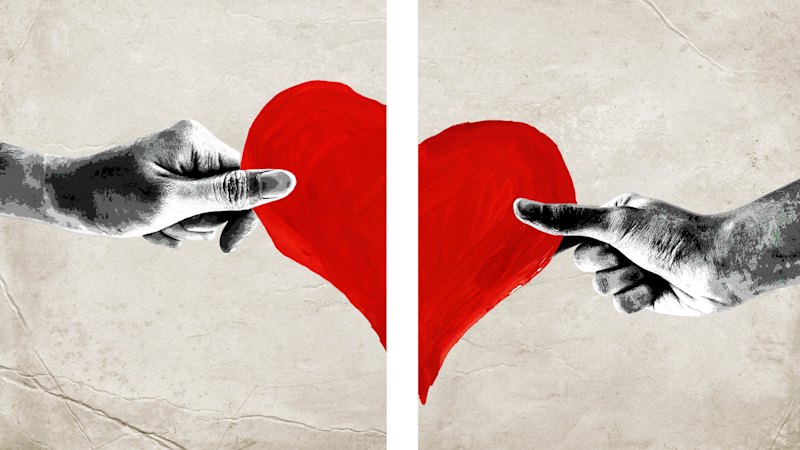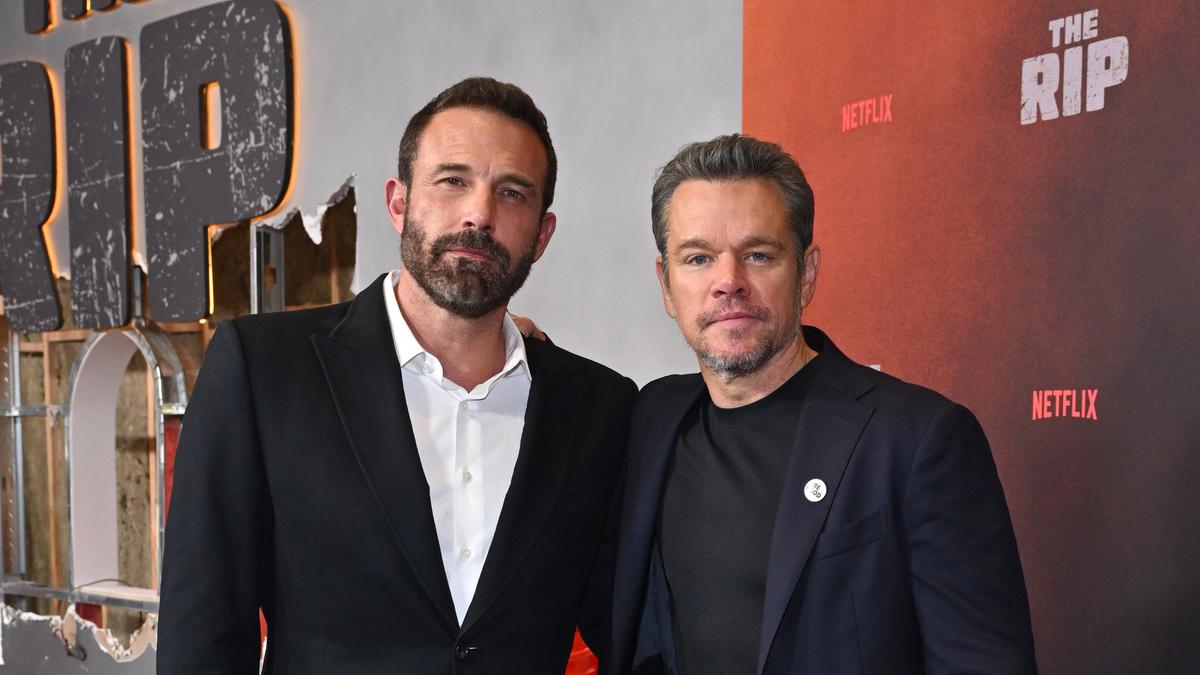
Changing dynamics in romantic relationships are reshaping traditional concepts of love, family, and commitment. A recent study highlights significant generational shifts in how individuals perceive and engage in romantic partnerships, prompting questions about the future of love itself.
One notable finding is that younger generations, particularly Millennials and Generation Z, exhibit different priorities and values compared to Baby Boomers and Generation X. According to a survey conducted by the Pew Research Center in 2023, around 40% of Millennials prioritize personal development over settling down, while only 20% of Baby Boomers reported the same. This shift suggests that the definition of love and commitment is evolving.
Redefining Relationship Goals
Cultural factors play a crucial role in shaping these new perspectives on relationships. For instance, traditional milestones such as marriage and parenthood are being re-evaluated. A significant portion of Generation Z is opting to delay marriage, with statistics revealing that the average age of first marriage has increased from 23 in the early 2000s to over 30 today. Many young adults view marriage as less essential to their identity and instead focus on personal goals and career aspirations.
The rise of digital dating platforms has further influenced these trends. Online dating has become a primary way to meet potential partners, with apps like Tinder and Bumble reporting millions of users worldwide. The convenience of these platforms allows individuals to connect more easily, but it also raises questions about the depth and quality of these relationships. A study by the Journal of Social and Personal Relationships noted that while online dating can lead to increased connections, it may also contribute to a more transactional view of relationships among younger individuals.
The Impact of Social Media
Social media has become a powerful tool in shaping relationship dynamics. Many young people use platforms like Instagram and TikTok to showcase their romantic lives, which can create unrealistic expectations. A survey from 2022 indicated that 70% of respondents aged 18-29 felt pressure to portray an idealized version of their relationships online. This phenomenon can lead to dissatisfaction and anxiety, further complicating the landscape of love and commitment.
Moreover, discussions surrounding love have expanded to include diverse relationship structures. Non-traditional arrangements, such as polyamory and open relationships, are gaining acceptance among younger generations. A report from the Kinsey Institute revealed that approximately 20% of Millennials have engaged in non-monogamous relationships, reflecting a shift towards more inclusive definitions of love.
While the traditional view of love and commitment may seem to be declining, it is essential to recognize that these changes do not signify an end to love itself. Instead, they highlight a transformation in how love is expressed and understood across generations. As societal norms continue to evolve, future relationships may be defined by greater flexibility and personal choice.
In conclusion, the way we form and maintain romantic relationships is undergoing significant change. The ongoing dialogue about love, commitment, and family structures suggests that while traditional models may be challenged, new expressions of love are emerging. Understanding these shifts will be crucial in navigating the future of romantic relationships as they continue to evolve.






